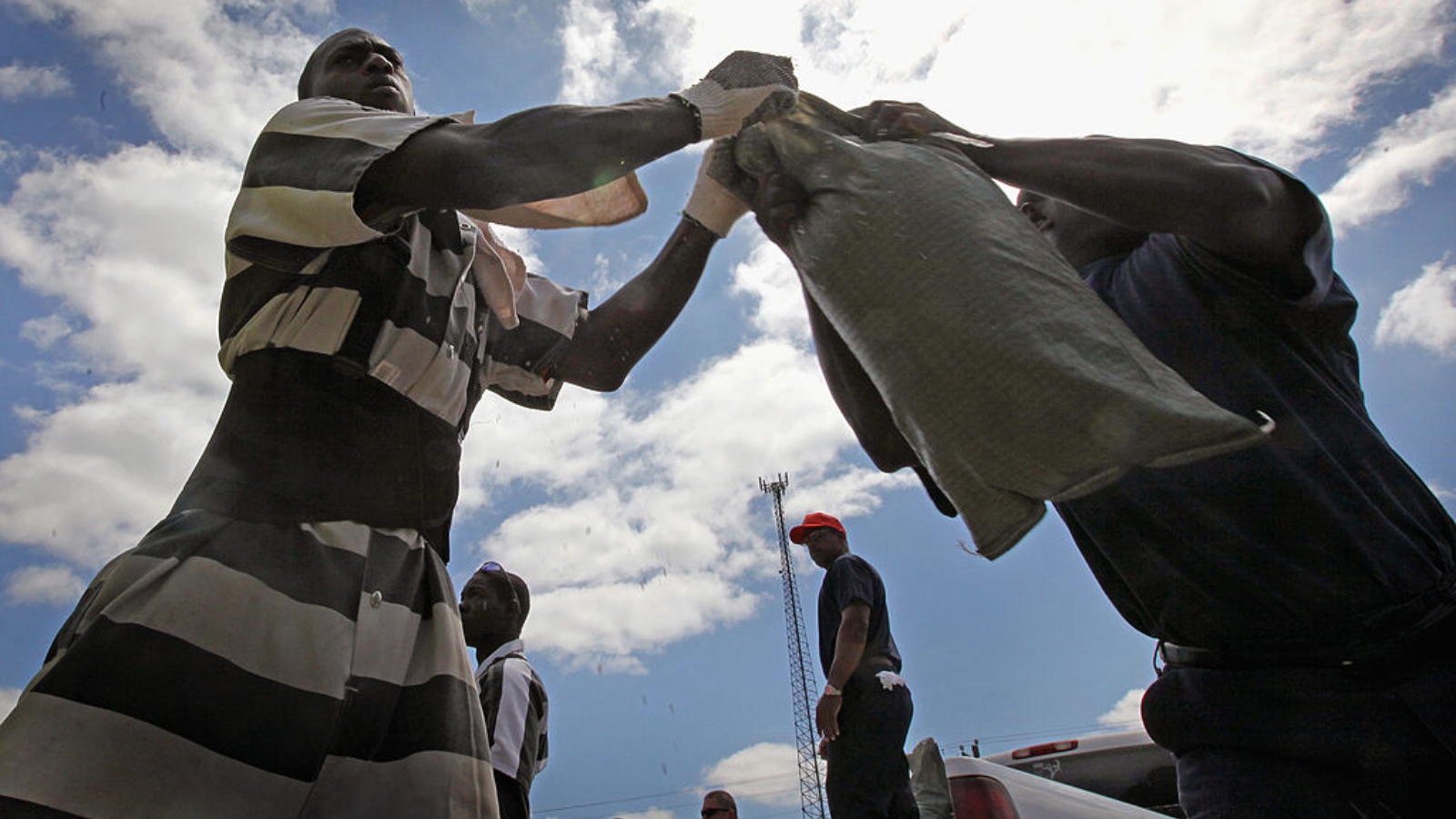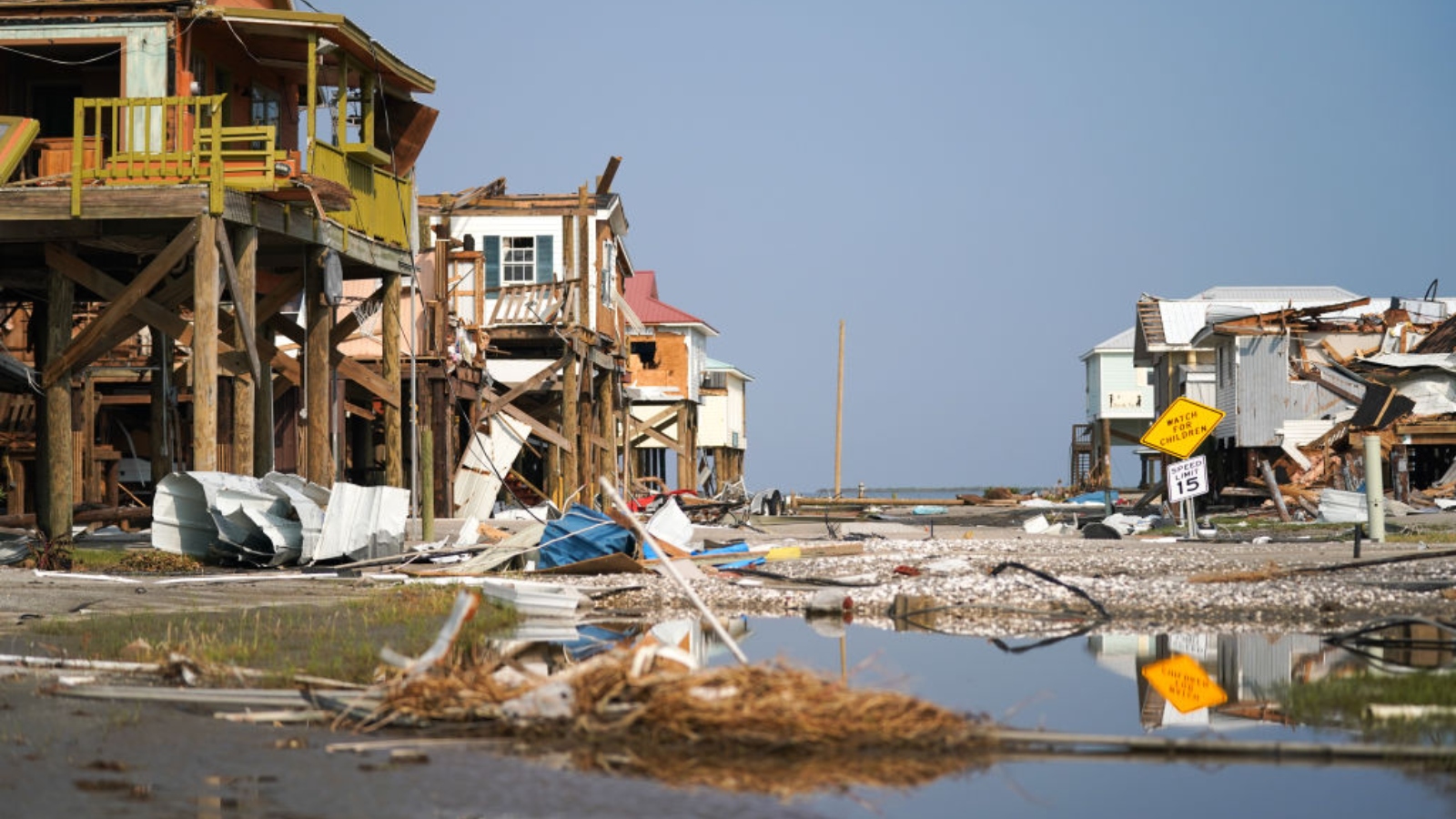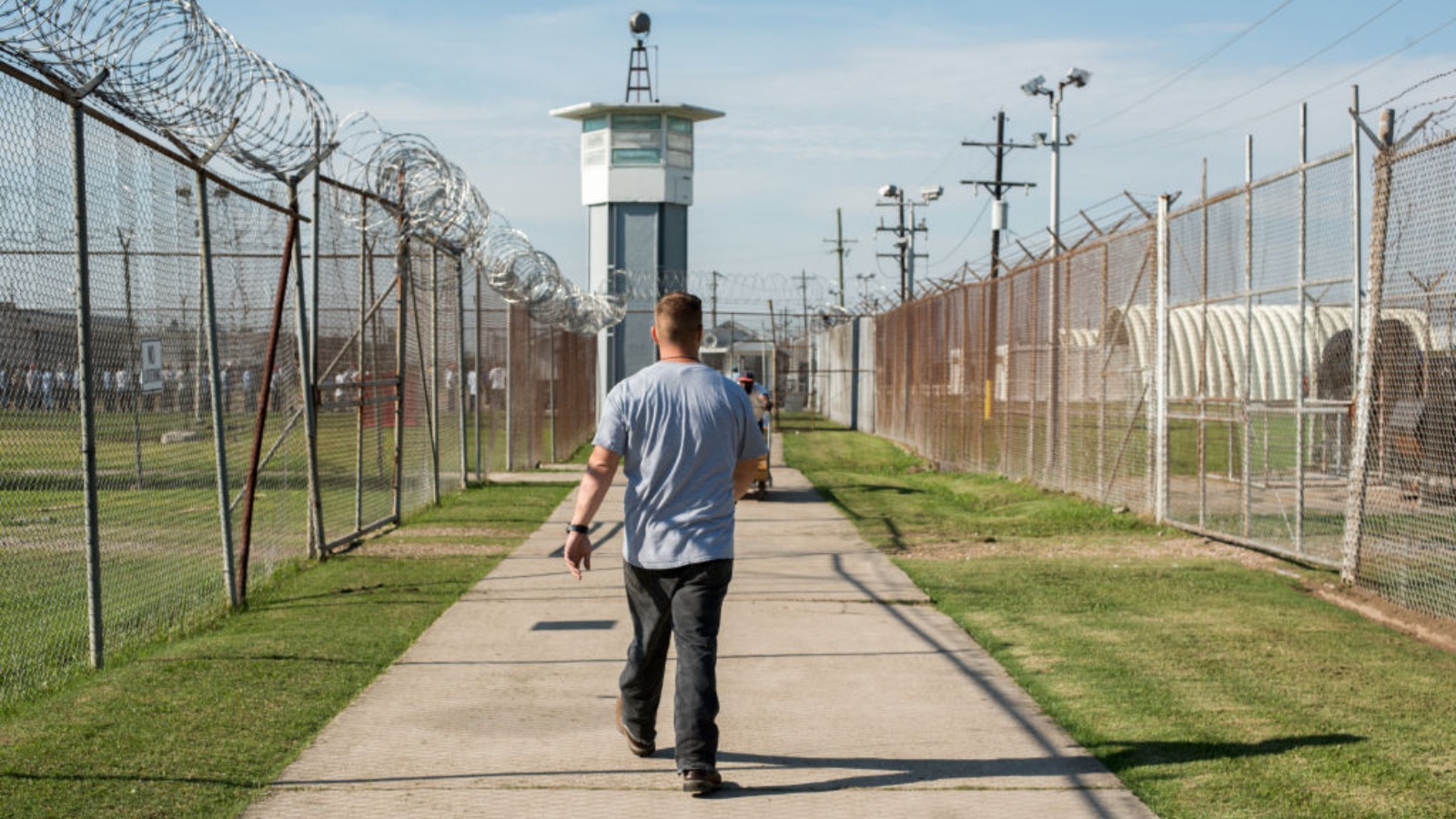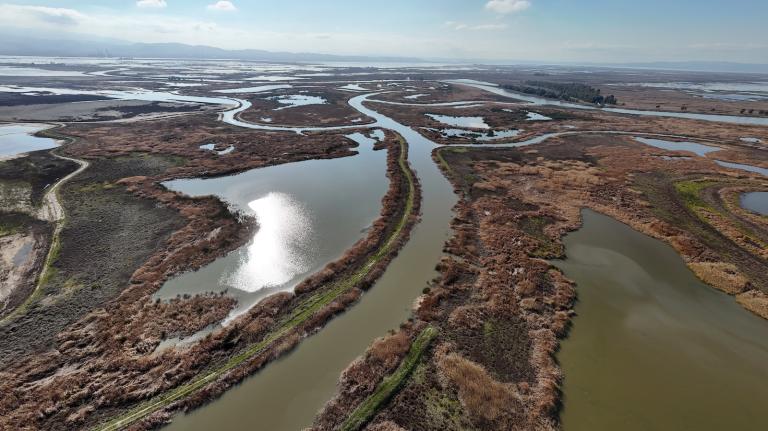In 2014, Anthony Giancatarino visited Louisiana to attend a meeting about “energy democracy,” or the idea that people, rather than corporations, should have control over energy production where they live. The Philadelphia native had spent the past several years working on climate policy in Pennsylvania, and was interested in hearing about how Louisianians were approaching the same issues. As he listened to people at the meeting describe the challenges of advancing clean energy in their state, the similarities and connections between their respective regions began to dawn on him.
Like the oil- and gas-producing heartlands of the Deep South, parts of Appalachia — Kentucky, West Virginia, and Western Pennsylvania — have long histories of companies excavating the earth for resources like coal and gas and leaving communities to grapple with the pollution left behind. In all these places, the fossil fuel industry has maintained its influence by dint of being a primary source of employment. There are deeper regional connections, too. The foothills of Appalachia start just north of Birmingham, Alabama, a city built on the labor of a majority-Black working-class who worked in sweltering foundries, converting coal and iron ore into steel.
“These regions are connected by a political history,” Giancatarino said. “They’re also connected by a history of extraction, and they’re also connected by a geologic history, by the way the rivers flow.”
Giancatarino remembers the Louisiana meeting as the event that planted the seeds for #WeChooseNow, a project that has unfolded over the past year at Taproot Earth, a Louisiana-based organization with a mission of advancing equitable local solutions to the climate crisis, and the Climate and Community Project, a progressive climate policy think tank formed out of the University of Pennsylvania. Last spring, Giancatarino and his colleagues at Taproot began convening more than 150 different community leaders and advocates from across Louisiana, Texas, Pennsylvania, and Kentucky to develop climate action strategies that respond to their local needs. The resulting four reports — one for each state — lay out their visions, such as canceling the debts people owe to utility companies, reforming the criminal justice system, and funding job training so that former coal workers can get jobs cleaning up mines.
Each report is dedicated to a core theme. In Louisiana, the researchers focused on democracy; in Texas, on energy; in Kentucky, on labor; and in Pennsylvania, on public finance. Each lays out the problems associated with its respective theme along with a list of policy recommendations that the community leaders helped develop.
The Louisiana report dives into the problem of mass incarceration and its connection to “climate justice,” a term that acknowledges how global temperature increase can have disproportionate social, economic, and health impacts on underprivileged populations. Despite efforts to reform the state’s criminal justice system, Louisiana continues to have one of the highest incarceration rates in the world, with 1,094 Louisianans locked up for every 100,000 residents. As a result, money that could be spent on fortifying levees, restoring coastlines, and building green infrastructure winds up keeping people in prison.
Incarcerated people are especially vulnerable to climate change, since prisons and jails with poor ventilation systems can overheat, and many facilities sit in low-lying areas prone to flooding. In Louisiana, prison inmates are often tasked with disaster recovery work or paid pennies on the hour to work at local fossil fuel companies, both pursuits that involve exposure to hazardous materials.

Olúfẹ́mi O. Táíwò, an assistant professor of philosophy at Georgetown University and member of the Climate and Community Project, said the goal of the project is to offer examples of why climate justice involves reckoning with structural inequality. “There’s a distributive question at the bottom of climate politics,” he said. “It’s a foregone conclusion that there will be suffering, destruction. Mass incarceration is among the systems that makes sure which populations have to do the suffering.”
In Louisiana, the state pays parishes to house inmates in local jails and prisons. This gives a de-facto incentive to cash-strapped parish governments to expand facilities so that they can house more inmates. Táíwò said that this incentives-based model fuels not only mass incarceration, but also other aspects of the criminal justice system that disproportionately affect underserved communities, such as bail bonds. And once this system is up and running, it’s “difficult to reverse,” he said. “Once you’re able to put more people in prison, the incentives that encourage over-policing and tough-on-crime laws go on autopilot.”
Justin Solet, an activist and south Louisiana native who was involved in the development of the report, said that decades of divestment in south Louisiana’s low-income towns and neighborhoods have left many of the state’s young people with few options after high school, a condition that researchers have correlated with higher incarceration rates. It doesn’t help that powerful hurricanes come through every few years, leaving trails of devastation that parish governments don’t have the funds to address.
“Government involvement in the community just isn’t there,” Solet said. “The population is starting to dwindle, and there’s nothing for the kids to do.”
A former oil field worker and a member of the United Houma Nation, a tribe in southeast Louisiana, Solet said high incarceration rates destabilize communities by directing funds away from public services. Local governments often spend precious resources on prisons and jails rather than investing in infrastructure that will protect communities like his from climate impacts. In Terrebonne Parish, for example, elected officials are pooling federal disaster relief grants and COVID-19 funds to build a new jail rather than rebuilding infrastructure that was damaged by Hurricane Ida in 2021.
“I know people who are still living in FEMA trailers,” Solet said. Instead of using federal funds to build a new jail, parish politicians could “implement some type of grant program for affordable housing to help people become homeowners.”

The report lays out a series of solutions, which includes banning oil and gas exports, funding coastal reclamation projects, building green infrastructure, and ending the system that incentivizes parishes to build new beds in jails and prisons. Asked how support for such policies could gain traction in a state dominated by the fossil fuel industry, Táíwò acknowledged that it wouldn’t be easy. In Louisiana, “the entire political terrain is shaped by fossil capital,” he said “That’s the most intense version of the political problem imaginable.”
Táíwò thinks the path forward is still the same as it would be anywhere else: spreading awareness, identifying alternatives, and then causing problems for people in power if they refuse to pursue them.
Bruce Reilly, the deputy director of Voice of the Experienced, an advocacy organization run by formerly incarcerated people, said that groups like Taproot help build political momentum for policies that reduce incarceration rates. However, he added, he is worried that some policymakers seeking to address climate change could embrace interventions that wouldn’t improve the lives of people behind bars.
“We can build environmentally friendly prisons. We can actually use prison labor to build solar fields or wind turbines,” he said, adding that those solutions — neither of which the report authors endorse — wouldn’t solve the inherent injustices of a system that forces a disproportionately Black inmate population to work for little to no pay. “What am I uplifting by reinforcing that problem and what impacts does that have across our society as a whole?”
Taproot and the Climate and Community Project’s other reports include equally ambitious agendas in their respective states. In Kentucky, the organizers focused on transitioning former coal workers into stable union jobs in the clean energy sector. In Pennsylvania, they advocated for capping rate increases on electric bills and fully electrifying both new and existing households. The Texas report was developed in the wake of Winter Storm Uri in 2021, which dumped record amounts of snow on the state and caused power outages that led dozens of people to freeze to death. It includes policies such as increasing offshore wind farming, canceling all existing utility debt, and creating community utility boards that establish public control over energy generation.
Solet said that participating in the assembly meetings that went into creating these reports helped him realize the importance of building relationships with other communities dealing with the same issues as his.
“If we take an industry out of my community, it isn’t just going to disappear,” Solet said. He gave the example of a plastics plant that, if sued by one locality, would simply try to build someplace else. “If we can ban together as a whole, well that company can’t even come on the coast anymore.”
Giancatarino hopes the reports will help change the portrayal of the Gulf Coast and Appalachia as places in decline. Even though these are the regions most impacted by the oil and gas industry, he said, they’re often left out of the national conversation about shifting the economy away from fossil fuels.
“We’re not going to solve the climate crisis if we just focus on the solutions out of California and New York,” Giancatarino said. “It would be great if the climate movement realized that if we had climate justice in Appalachia and the South, we’d have climate justice in the nation.”



